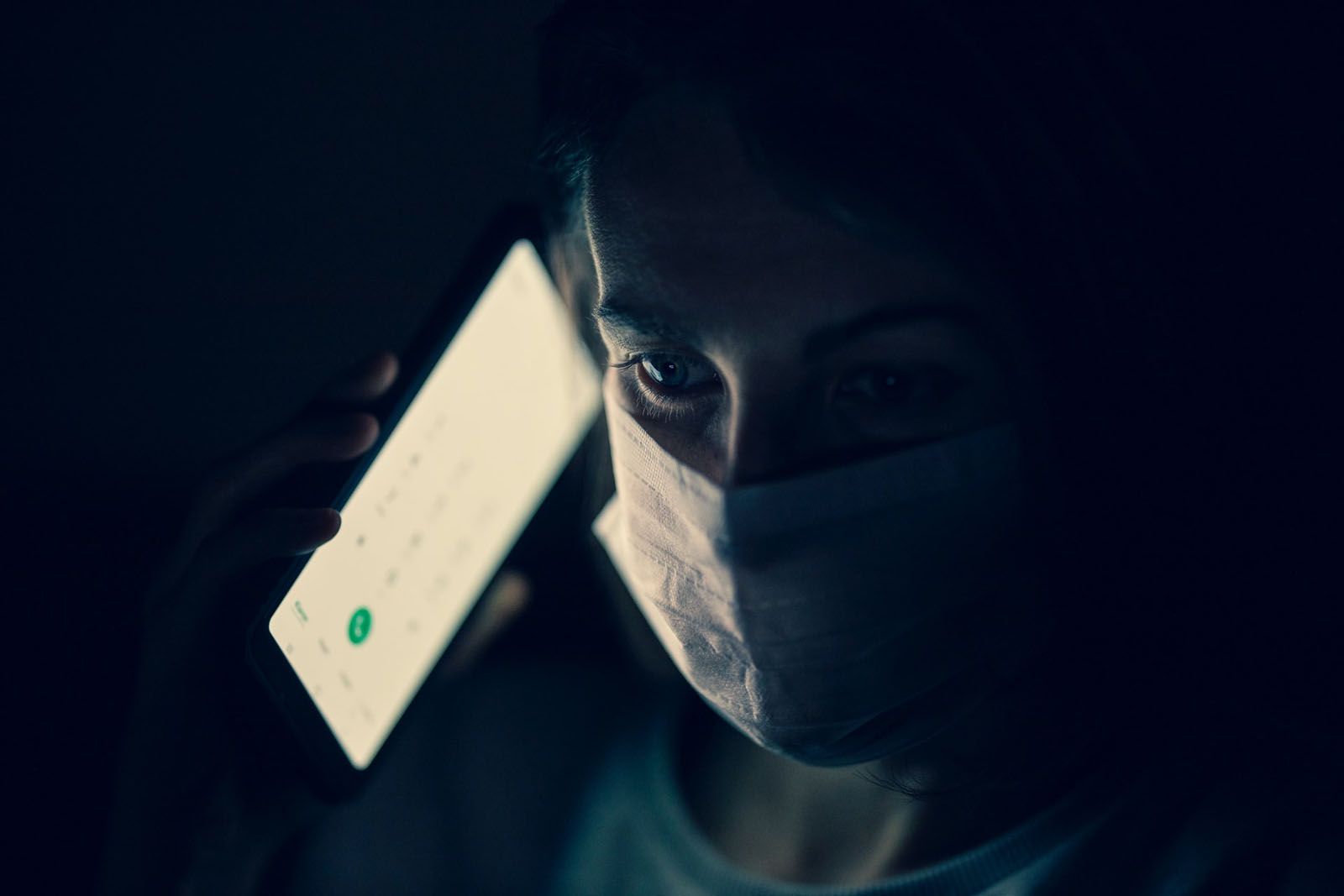The NHS won't be using the contact tracing tech developed by Apple and Google when it comes to launching its own app for those in the UK, reports the BBC.
Across the globe, health agencies are scrambling to release contact tracing smartphone apps, giving a tech angle to the fight against the coronavirus and a potential aspect that will aid in the easing of lockdown in some regions.
The idea is to use smartphones to detect other phones to form a web of traceable contact, so that if a person is diagnosed with a confirmed case of COVID-19, all those previous contacts can be alerted and go into isolation, or get tested themselves.
In the UK, the development of the app falls to NHSX, the digital arm of the nation health service, which has been detailing some of the plans and progress along the way. The decision not to use the solution developed by Apple and Google won't come as a surprise to those following this story.
"Engineers have met several core challenges for the app to meet public health needs and support detection of contact events sufficiently well, including when the app is in the background, without excessively affecting battery life," said a spokesperson for NHSX according to the BBC.
At its core, there's a fundamental difference in philosophy around how data is processed between the NHS' solution and that of Apple and Google. While both will use Bluetooth Low Energy to detect proximity of other phones running the app, the NHS wants to centralise that data, meaning that everything heads into a central location for processing.
Apple and Google's solution wants to handle the proximity processing on the device itself, resulting in a decentralised solution.
The advantage that the NHS solution has is that means that the NHS can track outbreaks across the country and likely sees this as an important part of any national response to the virus.
The Apple and Google solution wouldn't allow this: instead, this data would be kept private with only the user getting an alert if they've come into contact with a confirmed case.
The advantage that Apple and Google offer is better understanding of how devices work, so it can be better optimised and reduce the drain on battery life, while also getting device permissions that might not normally be available to developers.
One of the central concerns revolves around restrictions on the iPhone, which for security reasons doesn't allow third-party access to Bluetooth in the background. This has also seen a stand-off between some European governments, France particularly, who wants Apple to allow this access to support its own tracking app StopCovid.
The EU has said that either approach to contact tracking is permissible, as long as it's only used for the duration of the coronavirus outbreak and remains voluntary for the user.
Ultimately, adoption will become critical for these apps to have an impact. It's been said that something like 58 per cent of the population (80 per cent of smartphone users) need to be using the app for it to be an effective solution, according to experts at University of Oxford.
Whether the UK Government and the NHS can convince high numbers of users to install the contact tracing app remains to be seen, but we suspect that this will become an important part of easing lockdown restrictions for the wider public in the UK.

